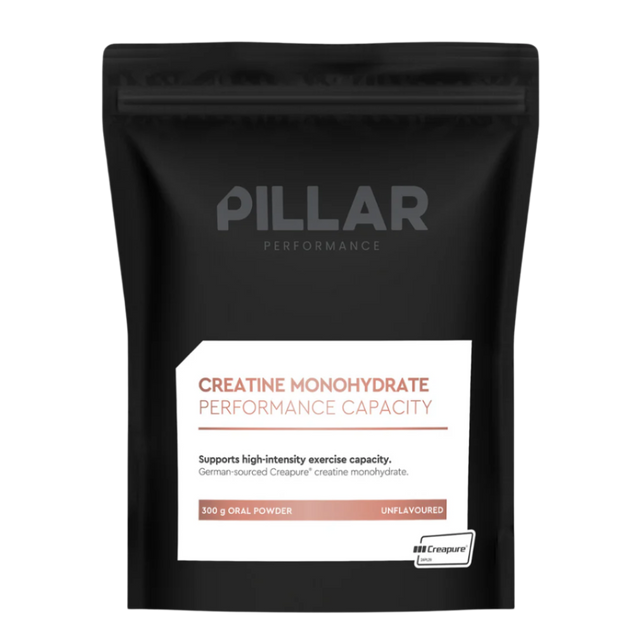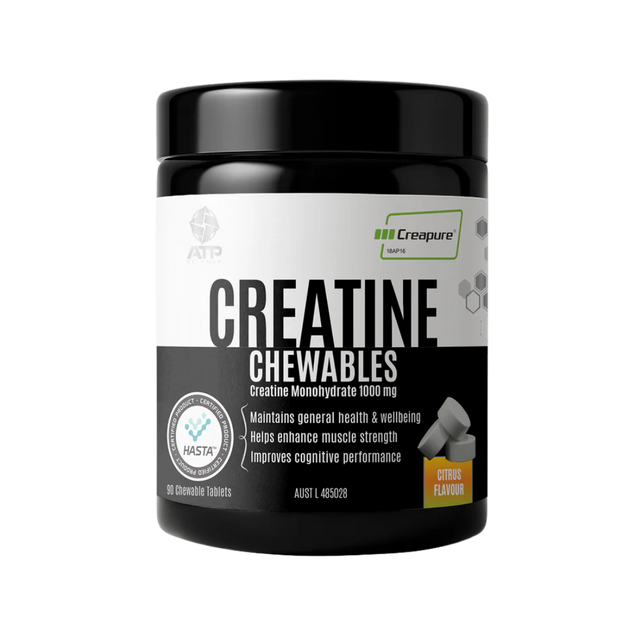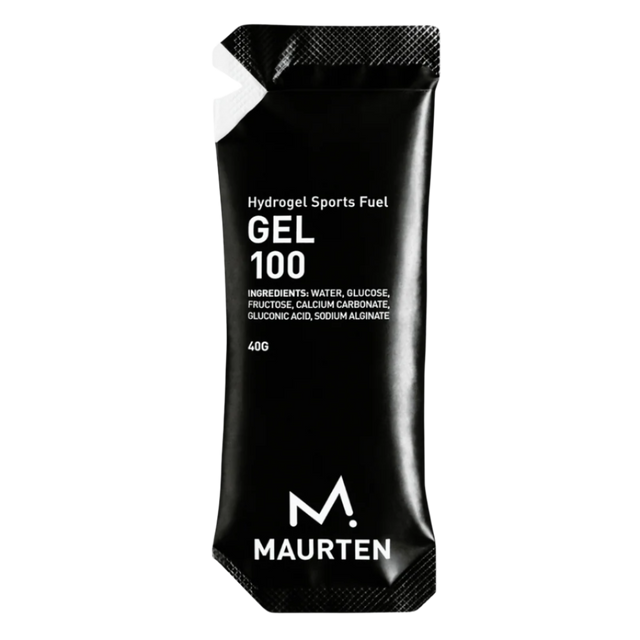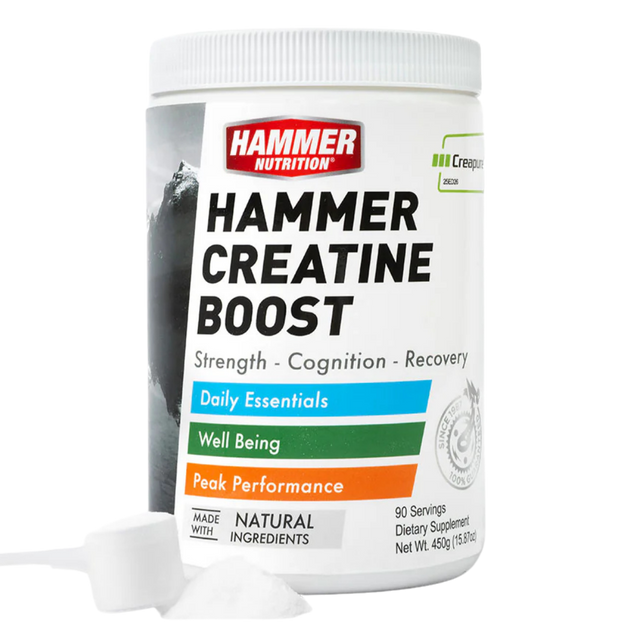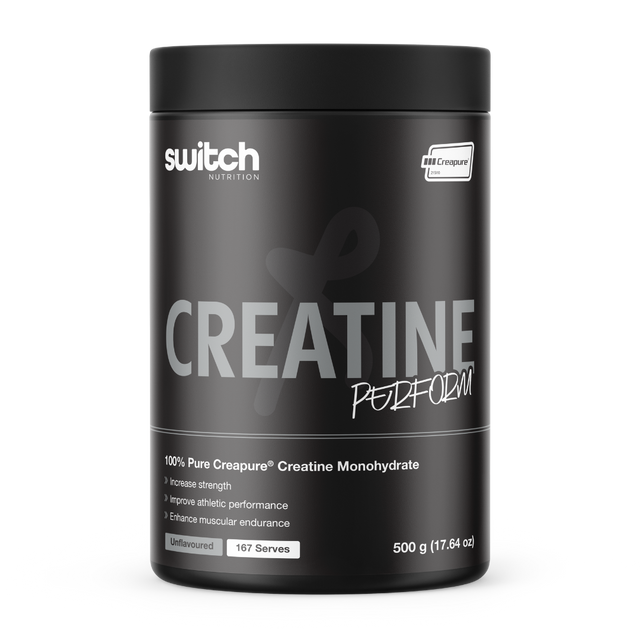Fuelling Strategies That Separate The Good From The Great
Think you’ve nailed your endurance nutrition? Think again. Even the most experienced athletes often get caught out by the big five questions that can make or break performance, from how many carbs you should really take per hour, to whether that trendy gel or supplement is actually worth it. In this guide, we break down the most-asked sports nutrition questions endurance athletes keep coming back to, with clear, evidence-based answers you can trust. Whether you’re chasing a new PB, gearing up for your first marathon, or simply trying to recover faster, these are the fuelling strategies that separate good from great.
Table of Contents
-
How many carbs should I have per hour?
-
Which gel is best for me?
-
What’s the best supplement to boost performance?
-
What’s the most budget-friendly hydration mix?
-
What’s your number one recovery tip?
How Many Carbs Should I Have Per Hour?
General Recommendations
-
For events lasting 1-2.5 hours→ Aim for 30-60g of carbohydrate per hour.
-
For events lasting >2.5-3 hours→ Aim for up to 90g/hour, ideally from multiple transportable carbohydrates (e.g. glucose + fructose in a 2:1 or 1:0.8 ratio).
-
Some well-trained athletes can tolerate 90-120g/hour during ultra-endurance events when using these blends (1-3).
Males:
-
Tend to rely more on muscle and liver glycogen during endurance exercise.
-
Can often tolerate and benefit from higher carbohydrate intakes (up to 90g/hour or more).
-
Using multiple transportable carbohydrates (glucose + fructose) enhances absorption and reduces gut discomfort (1-3).
Females:
-
Often rely more on plasma glucose and free fatty acids, particularly at lower intensities.
-
During the follicular phase, when glycogen storage is reduced, carbohydrate intake becomes especially important.
-
Research suggests around 60g/hour optimises carbohydrate oxidation and glycogen sparing during this phase, with no added benefit from higher intakes (e.g. 90g/hour).
-
Intakes above 60g/hour may be less tolerated and lack clear evidence of added performance benefit (4,5).
Which Gel Is Best For Me?
The best gel depends on your gut tolerance, diet, training intensity, and duration (6).
-
Choose lower-fructose or hydrogel options if you have gut issues (7).
-
For events >2 h, aim for 60-120g carbs/hr with gel or other sports nutrition spaced out (8).
-
Take gels around 20 min before race start or during exercise (9).
-
If you don’t see a boost in energy after 20 min of taking a gel, rethink your gel choice, hydration plan or carb intake (9,10).
For more information on which gel to choose have a read over this article→ Which Energy Gels Should I Choose?
What’s The Best Supplement To Boost Performance?
Other than carbohydrates and hydration, the next most effective option is Creapure® Creatine Monohydrate.
-
One of the most researched and proven performance supplements available.
-
Creatine helps regenerate ATP (the body’s energy currency), which enhances muscle strength, power output, and explosive movements (11).
-
Most effective for short, high-intensity efforts (<30 seconds) such as sprinting, jumping, or repeated bursts in team sports (12).
-
By buffering hydrogen ions, creatine can reduce fatigue and improve recovery between intense efforts (12).
-
Consistent daily use (3-5g/day) increases muscle creatine stores, supporting greater training capacity over time.
Aid Station Products That Contain Creapure® Creatine Monohydrate:
-
ATP Science Pre+ [3g]
What’s The Most Budget-Friendly Hydration Mix?
-
Coconut water with a pinch of salt provides natural electrolytes with potassium and sodium to support hydration.You can add a small amount of honey or maple syrup to this mix if you need extra carbohydrate for longer sessions.
-
PeakFuel Isotonic Sports Drink is an affordable ready-made option that offers the right balance of carbs and electrolytes for endurance training.
-
The key is to look for a drink that provides around 4-8% carbohydrate (4-8g per 100mL) plus sodium that matches your body's demands for optimal absorption (1,6,7).
What’s Your Number One Recovery Tip?
Prioritise sleep and rest.
-
Aim for 7-9 hours of quality sleep each night to support muscle repair and adaptation (13).
-
Sleep boosts the immune system and helps reduce the risk of illness or overtraining (13).
-
Quality rest enhances hormone regulation (like growth hormone release) crucial for recovery.
-
For endurance athletes, especially after long events like marathons, adequate sleep accelerates recovery and helps prevent injury (13).
-
Short naps (20-30 minutes) can further support recovery on heavy training days.
Summary
From getting your carb intake right (30-90g/hour) to choosing the best gel, supplement, and hydration strategy, small nutrition tweaks can boost performance and speed recovery. Female athletes can benefit from adjusting carbs around the menstrual cycle, while creatine and electrolytes support strength and endurance. Combined with 7-9 hours of quality sleep, smart fuelling and recovery habits set you up to train harder, recover faster, and perform at your best, no matter the distance.
Ash Miller
Dietitian and Nutritionist (Masters)
Bachelor of Physical and Health Education
Instagram: @ashthomo_nutrition
References:
-
Burke LM et al. Carbohydrates for training and competition. J Sports Sci. 2011;29(Suppl 1):S17–27.
-
Jeukendrup A. A step towards personalized sports nutrition: carbohydrate intake during exercise. Sports Med. 2014 May;44 Suppl 1(Suppl 1):S25-33. doi: 10.1007/s40279-014-0148-z. PMID: 24791914; PMCID: PMC4008807.
-
Cao W, He Y, Fu R, Chen Y, Yu J, He Z. A Review of Carbohydrate Supplementation Approaches and Strategies for Optimizing Performance in Elite Long-Distance Endurance. Nutrients. 2025 Mar 6;17(5):918. doi: 10.3390/nu17050918. PMID: 40077786; PMCID: PMC11901785.
-
Sims ST et al. Nutritional concerns of the female athlete. J Int Soc Sports Nutr. 2023;20(1). doi:10.1080/15502783.2023.2204066
-
Tremblay J et al. Carbohydrate supplementation & sex differences in fuel selection. Med Sci Sports Exerc. 2010;42(7):1314–1323.
-
Jeukendrup AE, Kolkman J. Carbohydrate ingestion during exercise: effects on performance, training adaptations and trainability of the gut. Sports Med. 2011;41(8):763-777. doi:10.2165/11590560-000000000-00000
-
Galloway SDR, Jeukendrup AE. Fructose-glucose composite carbohydrates and endurance performance: critical review and future perspectives. Eur J Sport Sci. 2015;15(1):3-12. doi:10.1080/17461391.2014.940557
-
Rowe K, Hall R, Hill C, et al. Glucose and fructose hydrogel enhances running performance, exogenous carbohydrate oxidation, and gastrointestinal tolerance. Int J Sport Nutr Exerc Metab. 2022;32(4):241-249. doi:10.1123/ijsnem.2021-0302
-
Kozlowski G, Krzysztofik M, Mikołajec K, et al. Effects of energy gel ingestion on blood glucose, lactate, and performance measures during prolonged cycling. Nutrients. 2021;13(2):519. doi:10.3390/nu13020519
-
Costa RJS, Miall A, Khoo A, et al. The effect of gut training and feeding-challenge on markers of gastrointestinal status in response to endurance exercise: a systematic literature review. Nutrients. 2019;11(2):367. doi:10.3390/nu11020367
-
Bemben MG, Lamont HS. Creatine supplementation and exercise performance. Sports Med. 2005;35:107–125.
-
Butts J, Jacobs B, Silvis M. Creatine Use in Sports. Sports Health. 2018;10(1):31–34.
-
Nielsen HB, Secher NH, Christensen MK, et al. Recovery of performance and biochemical markers following marathon running. Scand J Med Sci Sports. 2005;15(3):173–180. doi:10.1111/j.1600-0838.2004.00425.x
Disclaimer: The content in this blog is for general information only and is not a substitute for professional medical advice, diagnosis, or treatment. Always speak with your doctor or allied health team before changing your diet, exercise, or taking supplements, especially if you have a health condition or take medication. Please use this information as a guide only. Aid Station doesn't take responsibility for individual outcomes.

